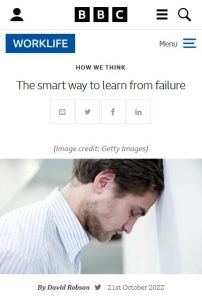
The Smart Way to Learn from Failure
Many of us make mistakes on endless repeat – but new insights can help us to learn valuable lessons from our failures.
Recommendation
When people fail, they often create a false narrative to protect their egos and make the failure easier to swallow. A college student with a low grade point average might downplay the benefits of graduating with honors. If your application for your dream job gets rejected, you might insist that you never wanted to work in that field anyway, and you never apply for a job like that again. If you notice your stocks are plummeting, you might stop checking your portfolio. Do any of these behaviors sound familiar? If so, science writer David Robson provides a more constructive approach to failure.
Summary
About the Author
Science writer David Robson is the author of The Expectation Effect and The Intelligence Trap. His work has appeared in The Atlantic, The Observer and The Washington Post, and he has worked as an editor at New Scientist and BBC Future.








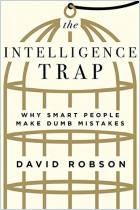
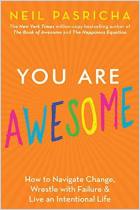
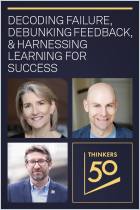
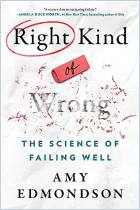
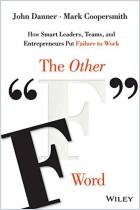
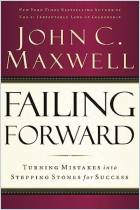
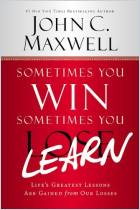
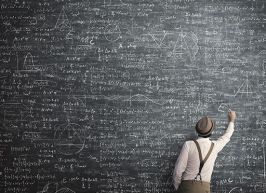

Comment on this summary